2015 – The Burning Questions: Why is BB King's family at war?
If BB could hear his family members feuding over money and making accusations of burglary, abuse and even murder, he would surely turn in his grave.
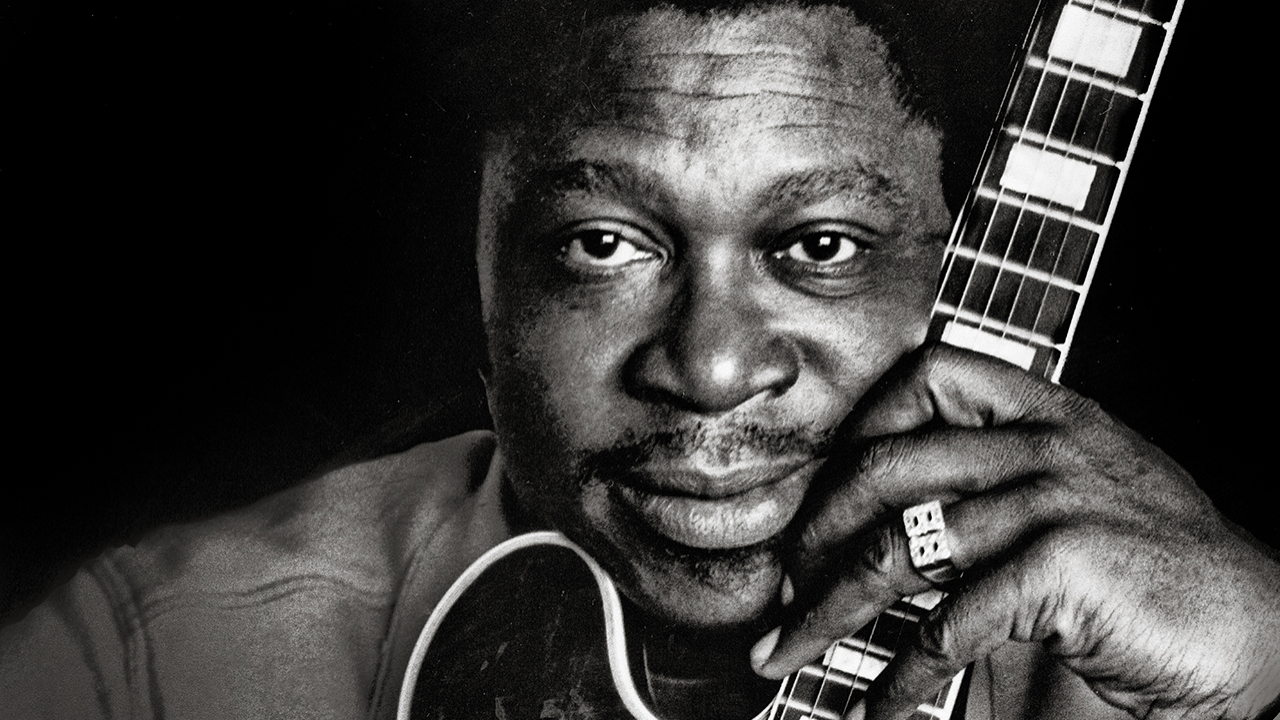
Select the newsletters you’d like to receive. Then, add your email to sign up.
You are now subscribed
Your newsletter sign-up was successful
Want to add more newsletters?

Every Friday
Louder
Louder’s weekly newsletter is jam-packed with the team’s personal highlights from the last seven days, including features, breaking news, reviews and tons of juicy exclusives from the world of alternative music.

Every Friday
Classic Rock
The Classic Rock newsletter is an essential read for the discerning rock fan. Every week we bring you the news, reviews and the very best features and interviews from our extensive archive. Written by rock fans for rock fans.

Every Friday
Metal Hammer
For the last four decades Metal Hammer has been the world’s greatest metal magazine. Created by metalheads for metalheads, ‘Hammer takes you behind the scenes, closer to the action, and nearer to the bands that you love the most.

Every Friday
Prog
The Prog newsletter brings you the very best of Prog Magazine and our website, every Friday. We'll deliver you the very latest news from the Prog universe, informative features and archive material from Prog’s impressive vault.
In the hours before BB King was laid to rest on May 30, 2015, there were rumblings of discontent from on high.
Steady rain fell outside Bell Grove Missionary Baptist Church on BB King Road just outside his birthplace of Indianola, Mississippi, and the original plan for a pair of white horses to accompany the blues legend’s coffin on its two-mile journey to his final resting place had to be abandoned as breaking thunder was unsettling the animals.
Thankfully, the scene inside the church was calmer. Some 500 mourners filed past King’s open casket flanked by two of his trademark Gibson Lucille guitars. During the service, the Reverend Herron Wilson reflected on the guitarist and singer’s rise from sharecropper’s son to one of the icons of 20th-century blues. “Hands that once picked cotton would someday pick guitar strings on a national and international stage,” he said.
It could have been very different. Sitting on adjacent pews in the front row were the two parties currently engaged in a bitter fight over King’s legacy. On one side were a number of his 15 children, including daughter Patty King, and her half-sister Karen Williams. On the other were the musician’s longtime manager, LaVerne Toney, and his personal assistant, Myron Johnson.
In the weeks and days either side of King’s death, an unholy row had blown up between the two sides. Startling accusations had been made of everything from burglary and defamation to abuse and outright murder. Unlike the storm blowing outside the church, this one had been brewing for a while – and it threatened to overshadow the legacy of the man they were mourning.
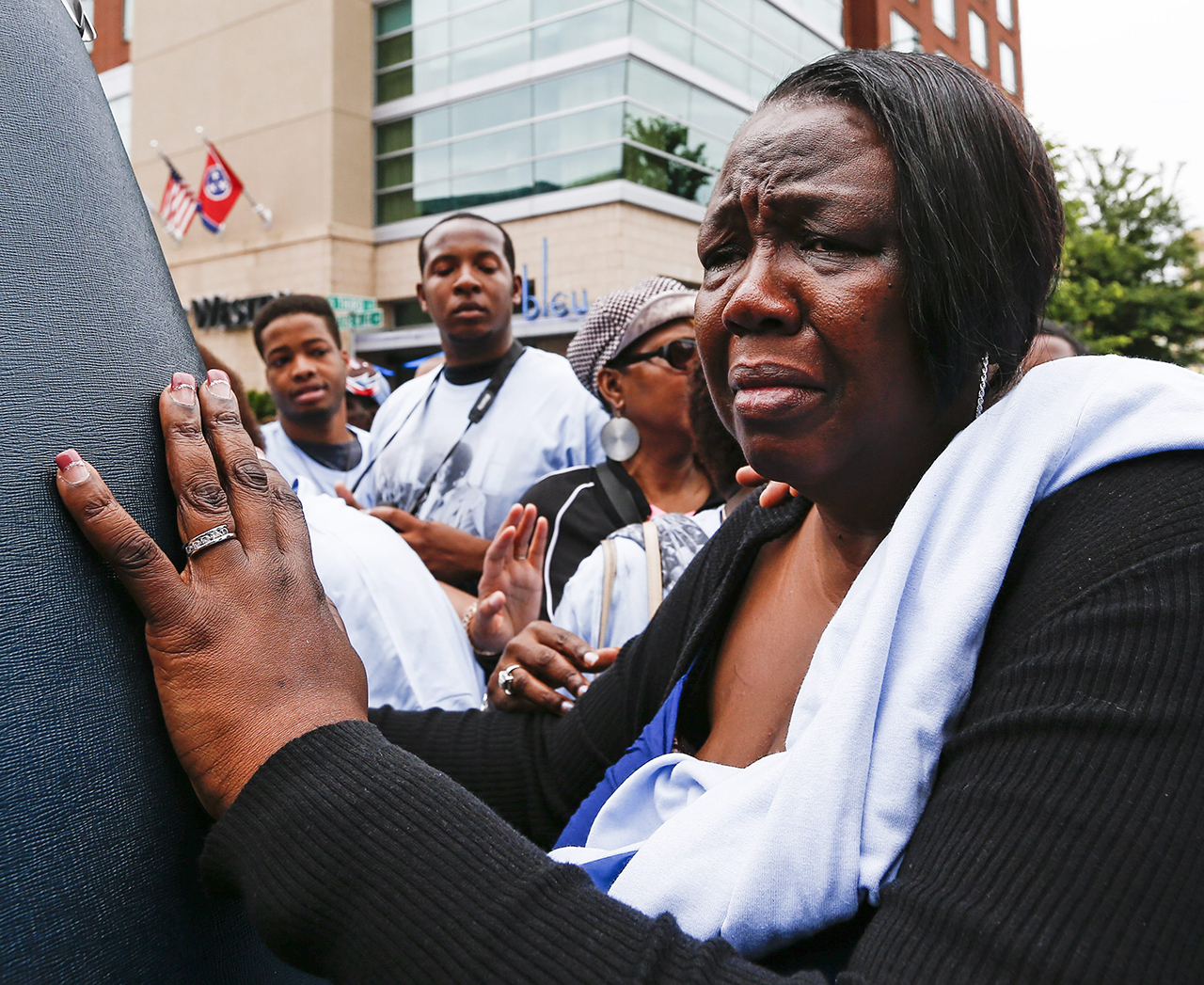
When BB King died at home in Las Vegas on May 14, 2015, aged 89, it marked the passing of an era. Born Riley B King on a Mississippi cotton plantation to sharecropper parents, he was one of the last great pre-World War II American bluesmen, whose his influence had spread far beyond the blues boom of the 1940s and 50s, into the world of 60s and 70s rock and beyond.
His last few years had been plagued by public ill-health. In April 2014 his representatives issued a public apology after King made an erratic appearance at the Peabody Opera House in St Louis, putting it down to a combination of a 1,600-mile bus ride and the guitarist missing medication prescribed for the type 2 diabetes he had been diagnosed with more than 20 years earlier. Six months later, King was forced to cut short a US after being taken ill with dehydration and exhaustion during a show in Chicago.
Sign up below to get the latest from Classic Rock, plus exclusive special offers, direct to your inbox!
LaVerne Toney had been BB King’s business manager for nearly 40 years. She was given power of attorney over his affairs in a will filed by the guitarist in January 2007.
In April this year, with her father in ever- worsening health back home in Las Vegas, Patty King lodged a complaint against Toney. Patty King and Karen Williams applied for guardian control over King, along with power of attorney to execute his will.
The two daughters claimed that their father needed hospital care, as he was refusing to eat and his urine was orange. While Toney insisted that he would be fine under her care, and BB himself insisted he preferred to be at home, the authorities decided that King did indeed require hospitalisation. After paramedics were called, doctors found that he had suffered a mild heart attack, but Toney insisted he be returned home shortly afterwards.
It also emerged that, in November 2014, Patty King had filed a police report accusing Toney of elder abuse and burglary, based on Patty’s claims that Toney and BB King’s assistant Myron Johnson had siphoned $20-30 million from the guitarist’s bank accounts, withheld his medications on tour and stolen Rolex watches and jewellery worth $250,000. Police and social services found no evidence to back up her claims.
Other grievances were mentioned the family members’ petition of April 2015. It alleged that Toney was blocking them and also King’s friends – including musicians Willie Nelson, Buddy Guy, Carlos Santana and Eric Clapton – from visiting him. It also accused Toney of putting her family members on King’s payroll, and alleged that large amounts of money had ‘disappeared’ from King’s bank accounts.
“The family has been unable to account for what is reported to be in excess of $1 million,” the court document read. Toney and Johnson’s attorney, Brent Bryson, called the allegations of theft “almost laughable”, saying that all of King’s spending was legitimate and accounted for.
Commissioner Jon Norheim, the judge and Hearing Master at Las Vegas’s Clark County Family Court, agreed. He rejected Patty King’s bid to take power of attorney from Toney. Norheim also reiterated that police and social services had found no grounds of abuse or theft.
“We lost the battle, but we haven’t lost the war,” Karen Williams said after their case was thrown out of court on May 8.
But her point of view wasn’t necessarily shared by the rest of the King family. “I’m not too sure things are right,” BB’s eldest daughter Shirley King said at the time. “But my dad would never want this.”
It didn’t take long for the resentments simmering within BB King’s family to boil over. On the night of his death, the previously diplomatic Shirley King posted a rant on Facebook, taking aim at LaVerne Toney and Myron Johnson. She accused the pair of “not letting the family or me see my father before he left this mean old world”.
“I need all my friends and fans to help me fight,” Shirley went on. “They did something and was hiding something… They should have took the money and thing and let me saw [sic] my father for the last time. That was all I asked.”
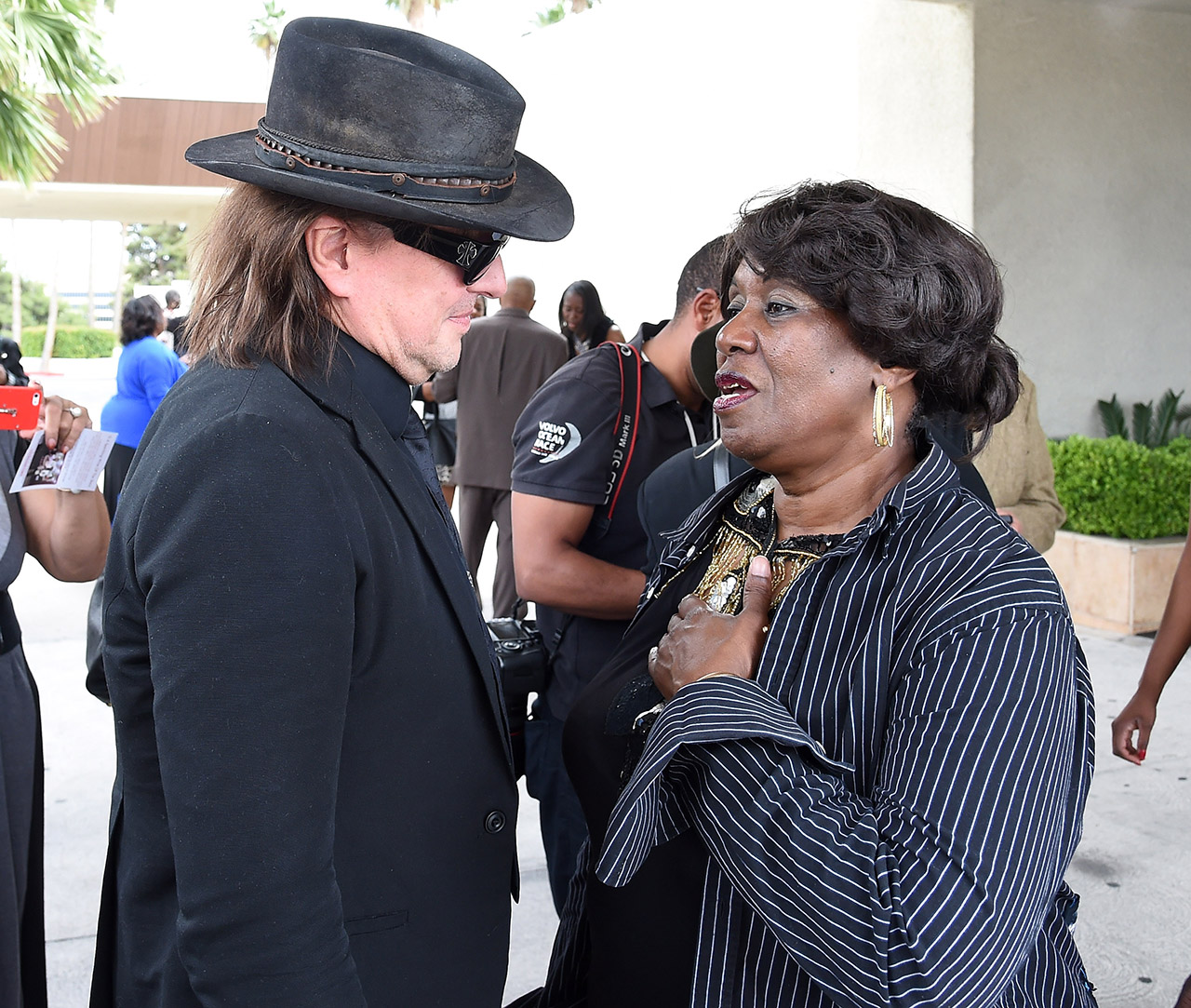
Toney insisted that she had not barred any family member from seeing King, and had spoken to Shirley a few days previously.
“I don’t have a problem with Shirley,” she told Mail Online the morning after King’s death. “We spoke a few days ago and I haven’t heard from her since. She hasn’t called me at all today and she knows my number. She can see her father. I’m not stopping her.”
Within a fortnight, the headlines were becoming even more lurid. On May 26, Patty King and Karen Williams announced that not only did they believe BB had a second will hidden somewhere, but also that they believed their father had been poisoned. “He was administered foreign substances to induce his premature death,” they said in a signed affidavit. “[We] believe [our] father was murdered.” It was a shocking claim, and one that sounded barely plausible to other people who knew both the guitarist and the people who looked after him.
“BB King trusted LaVerne Toney more than he trusted anyone else,” says Charles Sawyer, a close friend and confidante of King’s since the late 60s, and author of the authorised biography The Arrival Of BB King. “She won that trust by nearly forty years of loyal service. For Patty King to accuse her of complicity in murdering BB King is beyond disgusting. BB would be horrified.”
Even some of King’s other children had no truck with what was being said. “I don’t want to call them this, but, there’s always a rotten apple in the barrel,” his son, Willie King, told The Guardian. “And I think out of the anger of losing their dad, they went to the extreme… and they attacked the wrong person.”
Shirley King seemed to partially backtrack almost immediately. In another Facebook post from May 26, she wrote that she didn’t know who to believe, but that all this public wrangling was no good for her dad’s reputation. She suggested all parties get together to take lie-detector tests.
No one took her up on that suggestion. But in any case, the poisoning claims were disproved by the results of a full autopsy report published on July 13. It found that King’s death was the result of Alzheimer’s disease complicated by coronary artery atherosclerosis, type 2 diabetes, congestive heart failure, high blood pressure and cerebrovascular disease.
“She had thirty-nine years with BB to kill him,” says Jon Brewer, producer and director of the acclaimed BB King documentary The Life Of Riley, and someone who spent long periods of time with BB, “so to choose that time when he was obviously dying anyway would be a bit silly, wouldn’t it?”
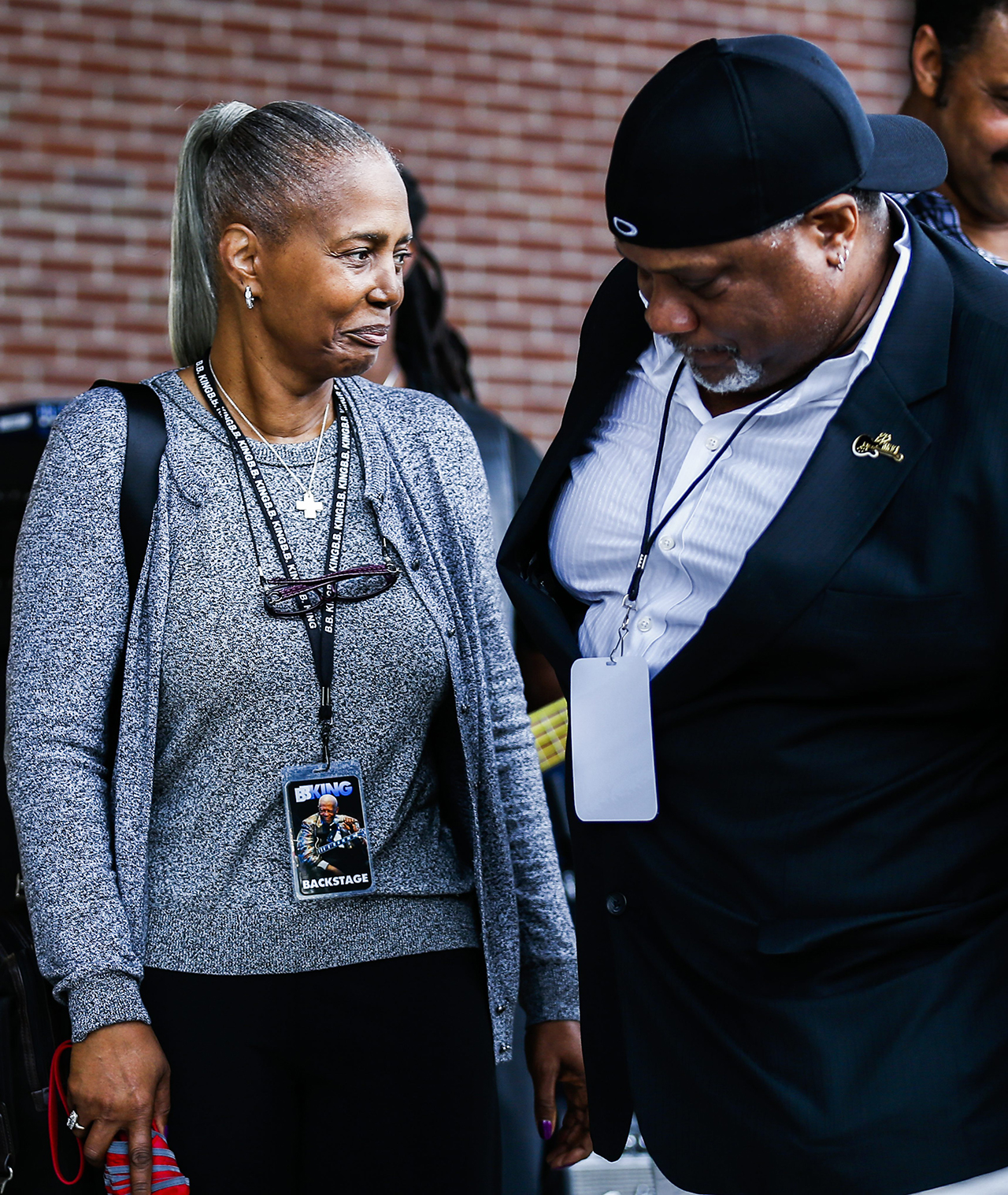
Tony Coleman was BB King’s drummer, on and off, between 1978 and 2013, and had as good a ringside view of the man as anyone. Coleman was one of the people who managed to see his friend and former boss in the weeks before died, but he also backs up the impression that access to King was being limited by Toney and Johnson.
“I asked to see him five times and was told he wasn’t to be bothered,” Coleman tells Classic Rock. “Then when I went to see him a few weeks before he died; we had to get there in a secret manner.”
Coleman explains that he and a former colleague in King’s band were going to the funeral of another ex-bandmate, trumpet player Melvin Jackson, when they got a call from Patty King. She told them that BB couldn’t make it to the funeral. But he wondered if they wanted to see him.
“When he saw us, his eyes lit up like a Christmas tree,” says Coleman. “He was happy to see us. He said: ‘I wanted to go to the funeral, but I just didn’t feel good, and if I’d have went, I probably would have left with Melvin!’”
Coleman says that when he saw King, his state of health disturbed him. “I saw a very sickly, skinny-looking man who didn’t look like he was being properly cared for.”
But then what else would you expect a seriously ill man to look like? King had been diagnosed with type 2 diabetes more than 20 years earlier, and more recently his health had taken a turn for the worse.
“He had a long series of very small strokes,” says Charles Sawyer, “and this resulted in a gradual incremental decline in his faculties. My picture is that his brain was being shot full of holes.”
Sawyer disputes the accusations that LaVerne Toney – who was King’s chief carer – was blocking his family from seeing him for malicious reasons.
“I’m sure there were people who hoped to drop in on him but were told that it wouldn’t be appropriate. Not because LaVerne Toney had him locked up at home, that’s nothing like the case. I just don’t think he would have wanted people to see him like that too much.”
Still, Tony Coleman’s first-hand impressions seem to back up Patty King and Karen Williams’s complaints that their father wasn’t receiving the best care available.
“I saw a man in his pyjamas too big for him, not in a bed that was comfortable-looking,” says Coleman. “His daughter told me: ‘We need to get a bigger toilet seat for my daddy so he can sit down comfortably.’ Then he had dental problems – his teeth were coming out and gums bleeding, yet they said they couldn’t get him to a dentist. Are you telling me they couldn’t get a dentist to come to the house?” (In fact, social services concluded on more than one occasion that King was being cared for properly).
But Coleman’s misgivings about how his former employer was being treated date back further than his last few weeks. The drummer says he quit BB’s band in disgust because he was unhappy with the way his management allowed him to keep touring, despite evident poor health.
“In my opinion, he should have been off the road five years before,” says Coleman. “He couldn’t play good because he had arthritic hands. He couldn’t remember songs, so he did a lot of talking at shows, but no one comes to hear BB King talk! It became pretty sad to me. I cried on stage three times behind him, because people were beginning to heckle and boo. I didn’t think it was right to have the world see him reduced to this.”
But rather than pressure from his management, it could have been BB himself who wanted to carry on playing shows. Which itself may have been part of the problem.
“Eric Clapton said to me: ‘Whatever happens, don’t let him stop working, because when he does he’ll die,’” says Jon Brewer. “And that’s pretty much what happened. But then do you let him go up on stage and make a fool of himself? Because he really didn’t know where he was sometimes.”
Inevitably, there’s the suggestion that money is behind it all. The size of King’s estate is disputed by both parties. Attorneys for Patty King and Karen Williams claimed it was worth $5-10 million. LaVerne Toney’s lawyer, Eric Brent Bryson, counters that the estate is worth less than that as it stands today.
“My guess is the children and grandchildren don’t like the fact he’s leaving them three thousand dollars and five thousand dollars each and then leaving the rest to his lineage for education,” Brent Bryson told the New York Daily News. “BB did not have a very high formal education, and he wanted to have his lineage go to college, so he set up a trust that would pay for college and other expenses.”
Patty King and Karen Williams refuted claims that they were driven by financial concerns, though their accusations of burglary and missing money suggested it was at least of partial concern.To understand the messy situation that arose around BB King’s final days you need to understand the complexities of his family. The man himself estimated that he had 15 different children by 15 different women (he was married twice, but neither union produced any offspring). Ever the gentleman, he supported financially his extended family, as well as others around him. “He gave money to everyone like you would give pigeons some bread,” says Tony Coleman.
Jon Brewer recalls going on tour with King and seeing his generosity first-hand. “Wherever he’d play,” he says, “there would be family members waiting outside the bus, basically with their hands out, and he would send someone out with these envelopes, with thousands of dollars in.”
Given that King spent much of his life virtually living on the road – Charles Sawyer estimates that the musician played 18,000 shows during his lifetime – and given that he always insisted on being paid half his fee in cash before every show, those wads of notes were never in short supply. “He told me around 2010: ‘I probably give away thirty to forty thousand dollars a year in individual requests to people,’” says Sawyer.
According to Sawyer, this generosity extended beyond King’s own flesh and blood. He saw himself as being responsible for numerous people’s livelihoods – ironically, something that stemmed from his own upbringing on a Mississippi plantation.
“BB said that he saw his career and his business very much like the plantation owner that he worked for as a boy – Johnson Barrett, a farmer in Mississippi who provided employment for many, many people,” says Sawyer. “Barrett was very paternal, would carry his tenants on credit and sometimes forgive their debts, and BB took him as a model for his own organisation.”
As for the alleged ‘secret’ second will – one which the King family provided no evidence of – Sawyer dismisses it. “I didn’t discuss what plans he made, but I know for a fact he had a will that will stand up in court, and he reiterated that those were his express wishes.”
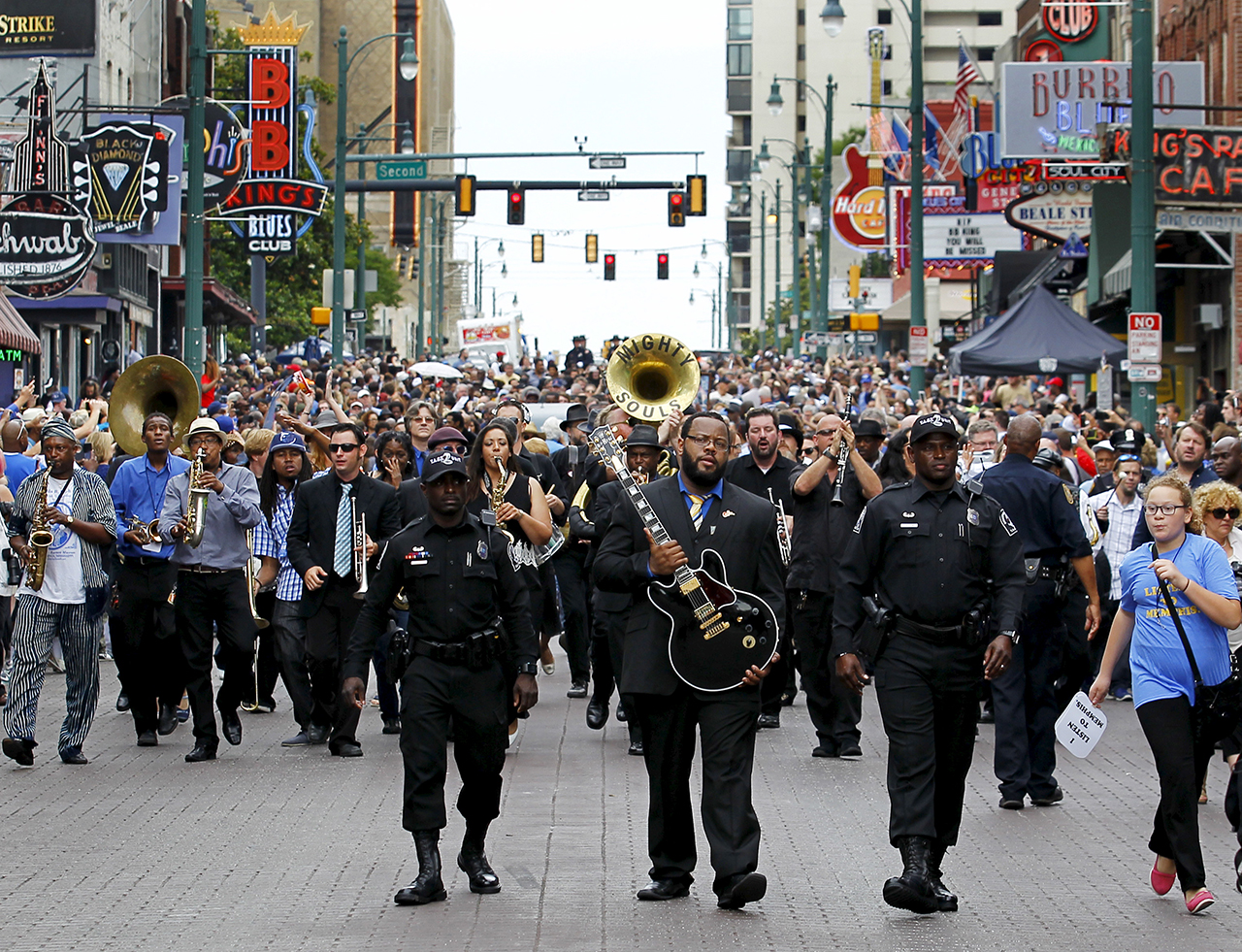
Seven months after BB King’s death, the rancour between his children and the people who managed and cared for him towards the end of his life seems to have abated (or it mostly has – Myron Johnson is suing Patty King and Karen Williams for defamation over the accusations of murder). Still, the fact that neither the King family nor LaVerne Toney and Myron Johnson were willing to speak to Classic Rock suggests that the wounds remain open.
“LaVerne worked with BB as his PA, confidant and manager,” says Jon Brewer. “I’ve seen LaVerne close to tears when she talked about BB before he died, because she was full of love for him and she dreaded the day he would pass away.”
It’s ironic that the dispute stemmed in part from the generosity and loyalty of the man at the centre of it all – Riley B King. But while people can squabble over his financial legacy, his musical legacy remains untarnished.
Johnny is a regular contributor to Prog and Classic Rock magazines, both online and in print. Johnny is a highly experienced and versatile music writer whose tastes range from prog and hard rock to R’n’B, funk, folk and blues. He has written about music professionally for 30 years, surviving the Britpop wars at the NME in the 90s (under the hard-to-shake teenage nickname Johnny Cigarettes) before branching out to newspapers such as The Guardian and The Independent and magazines such as Uncut, Record Collector and, of course, Prog and Classic Rock.

